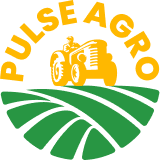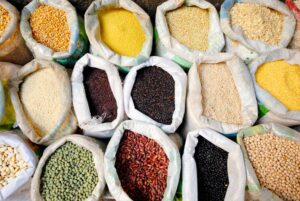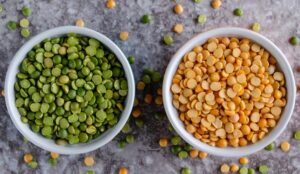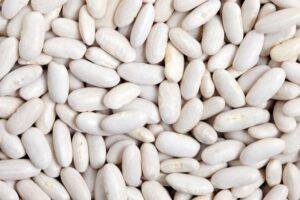In an era where sustainability is paramount, the journey of our food from farm to plate has come under intense scrutiny. Among the many dietary staples, beans have emerged as a shining example of an eco-friendly and sustainable food source. From cultivation practices to consumption, the entire lifecycle of beans plays a vital role in nurturing a healthier planet.
Cultivation Practices:
The eco-friendly journey of beans begins at the very roots — the farm. Unlike some resource-intensive crops, beans are known for their ability to thrive in diverse climates with minimal water requirements. Many varieties of beans, such as lentils and chickpeas, are nitrogen-fixing legumes that enhance soil fertility. This natural process reduces the need for synthetic fertilizers, decreasing the environmental impact associated with traditional farming.
Furthermore, the cultivation of beans often involves crop rotation, which helps prevent soil erosion and maintains a balanced ecosystem. The diverse range of beans, including black beans, kidney beans, and soybeans, allows for flexibility in farming practices, contributing to overall agricultural sustainability.
Minimal Environmental Footprint:
Beans have a lower environmental footprint compared to some other protein sources. The cultivation of beans generally requires less land, water, and energy, making them an environmentally friendly choice. As a plant-based protein source, beans contribute to a reduced demand for livestock farming, which is a significant driver of deforestation and greenhouse gas emissions.
Additionally, the packaging and transportation of beans typically involve fewer emissions compared to animal products, further minimizing their impact on the environment. Choosing beans as a dietary staple is a conscious decision towards reducing one’s carbon footprint.
Processing and Distribution:
The eco-friendly journey of beans continues as they make their way from the farm to processing facilities and eventually to our plates. Beans, especially when consumed in their natural state, undergo minimal processing, which conserves energy and reduces the use of additives and preservatives.
Local sourcing of beans is another aspect of their eco-friendly journey. Supporting local farmers and producers reduces the carbon footprint associated with long-distance transportation. Farmers’ markets and community-supported agriculture (CSA) initiatives play a crucial role in connecting consumers with locally grown beans, fostering a sustainable food distribution system.
Sustainable Consumption:
Finally, as beans arrive on our plates, our choices as consumers complete the eco-friendly cycle. Incorporating beans into our diets not only promotes personal health but also contributes to the health of the planet. Beans offer a rich source of plant-based proteins, fiber, and various essential nutrients without the environmental drawbacks associated with some animal-based protein sources.
Moreover, exploring diverse bean varieties encourages biodiversity in agriculture and supports the preservation of traditional and heirloom crops. By appreciating the variety of beans available, we contribute to the conservation of agricultural biodiversity, ensuring the resilience of our food systems.
Conclusion:
From farm to plate, the eco-friendly journey of beans stands as a testament to the positive impact that conscious food choices can have on our planet. By understanding and appreciating the sustainable practices involved in bean cultivation, processing, and consumption, we can make informed decisions that benefit both our well-being and the health of the ecosystem. Embracing beans as a staple in our diets is not just a culinary choice; it’s a commitment to a greener, more sustainable future.




